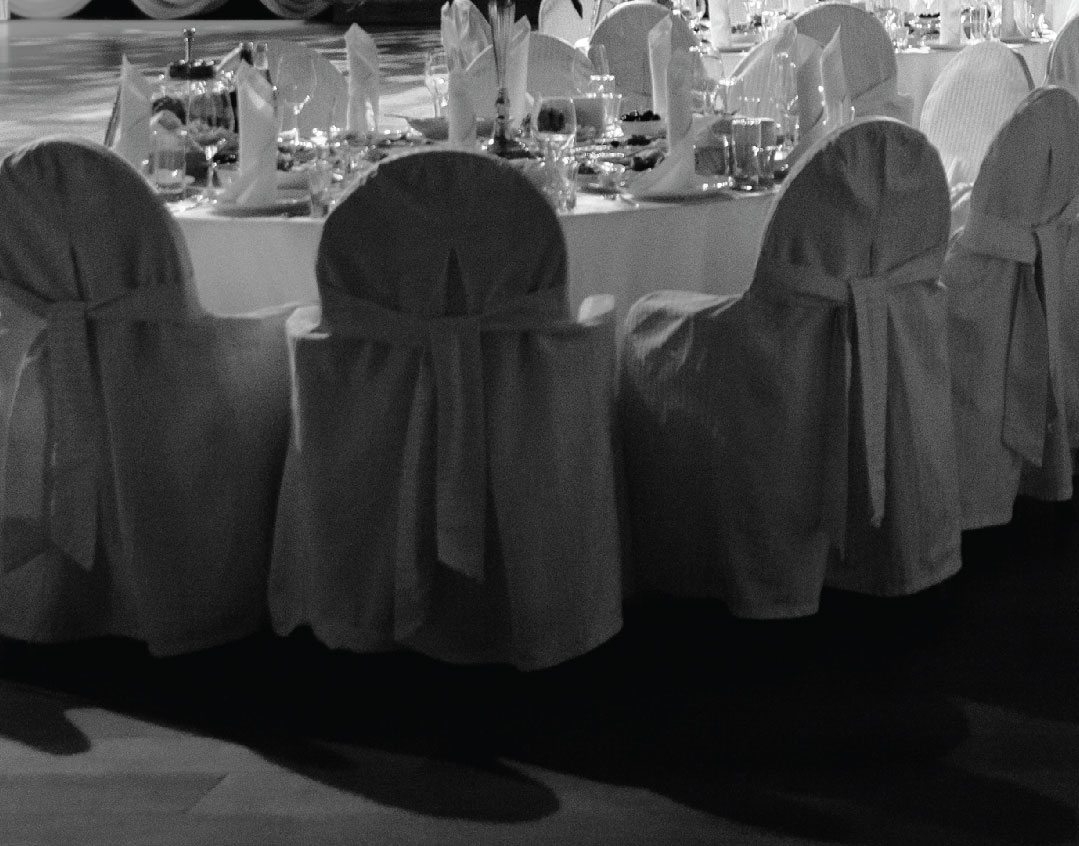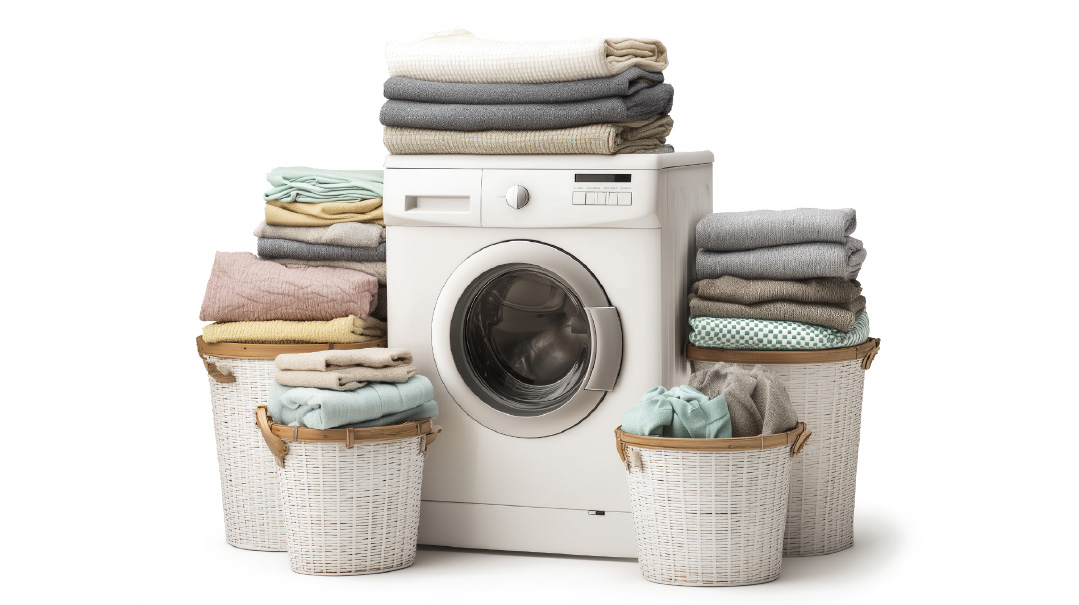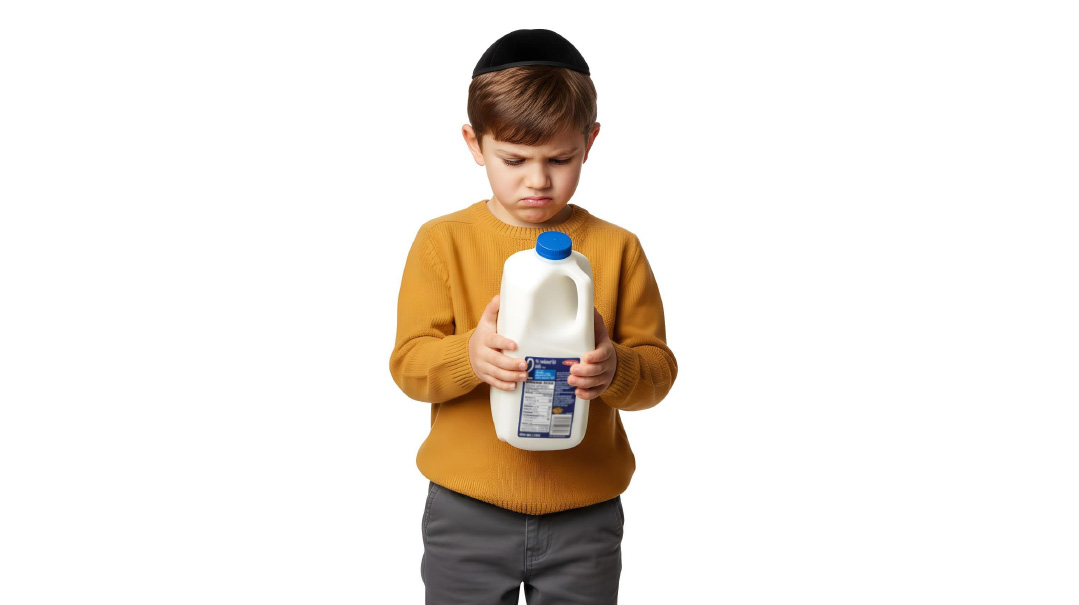Pain under Wraps
| May 29, 2019The conflicting emotions are suffocating; the joy of a young boy on the brink of life and the private pain of each person there

I
paste a smile on my face and step into the saddest bar mitzvah I’ve ever attended. Strands of sorrow are draped through the air like limp crepe-paper streamers at the worst kids’ party ever.
Picking through the crowd, I introduce myself to the baalat simchah. She smiles broadly. I wish the bar mitzvah boy a mazel tov. His smile is deep and genuine. I exchange congratulations with the grandmothers and aunts, smiling as they rain Sephardic brachot down on my besheiteled head.
It’s set up nicely enough, fake flowers and smudged cutlery notwithstanding. The sisters look beautiful, and the mother is sporting a glittering gold ensemble. Yet the pain is so blinding, I squint.
We sit around, picking at salads, laughing and schmoozing, and trying hard, so hard, not to burst into flames. The bar mitzvah boy’s father arrives, suit pressed, shoes shined. The grandmother lets out a sigh of relief, and for a split second, the facade cracks and I glimpse the rawness beneath.
A week ago, the bar mitzvah boy’s father was living on the streets, long-haired, un-showered, too consumed by pain to think of the family he’s leaving behind. But today, he’s pulled the threads together long enough to play the part of the loving father. And yet it’s not just a part, a role. The love is there, strong and harsh and so fragile, it dissolves in the air.
I get up to make a phone call and feel eyes on me. The broken, the damaged, the outwardly unfortunate, following me, wondering about the slim woman in the three-inch heels. My facade isn’t flawed, so they can’t understand me or how I fit into the picture.
Don’t worry, I want to reassure them. I have my pain, too.
They keep looking. Tell me about yours, and I’ll tell you about mine, I whisper silently. But no one speaks, we’re too busy smiling and nodding and clapping along with the pulsating music.
The father tries to dance with his smallest son, but the little boy is afraid of the tall stranger. An older cousin holds out one hand to each of them; they form a circle. The cousin backs out slowly, father and son dance together at last.
I try not to choke on the feelings overwhelming me and duck back behind the mechitzah. The mother is swaying with her rebbetzin, the two are gazing into each other’s eyes, thousands of probable conversations echoing across the dance floor.
I flip a lock of glossy hair over one shoulder.
The conflicting emotions are suffocating; the joy of a young boy on the brink of life and the private pain of each person there.
A boy with no father at home, a woman alone, a homeless man running from the demons that haunt him, the financially destitute, the abused older woman, the depressed man. Simple words to describe entire worlds.
And then there’s me.
A slideshow bursts onto the wall as the lights are dimmed. Heartfelt music plays, people clap. Sweet pictures of the bar mitzvah boy as a newborn baby, at his chalakah, riding a tricycle. And, under the cover of darkness, I slip my heels off my aching feet and allow the pain of a thousand broken worlds to consume me.
I cry for the bar mitzvah boy, I cry for the guests, I cry for myself. Share your hurt, I want to shout. Tell it to me, let me ease it, if only for a moment. And then ease mine…
The song ends, the last picture is shown. I slide my shoes back on, dab at my face, and by the time the lights are flicked back on, all pain is shuttered once more.
(Originally featured in Family First, Issue 644)
Oops! We could not locate your form.













